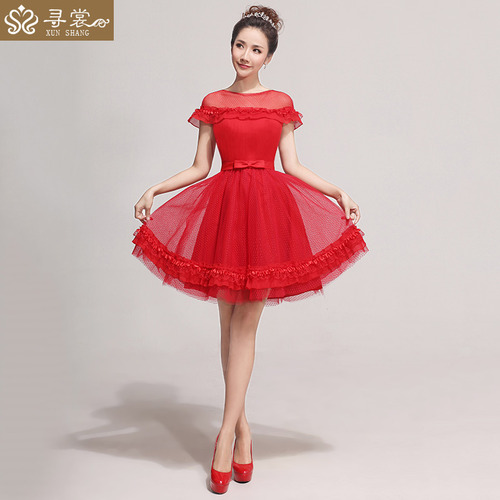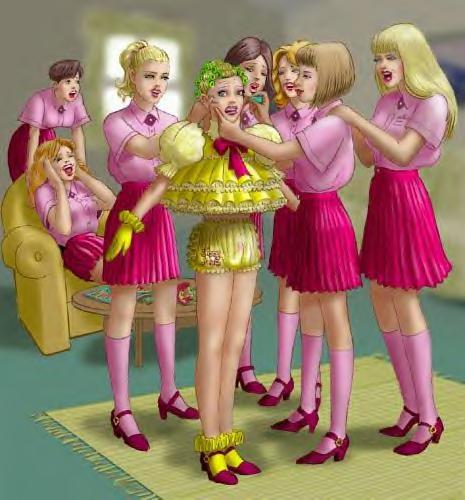#crossdreamer
Comparing Masochistic Emasculation Fetishism with Crossdreaming.
More;
“The relationship between MEF & Transgenderism”
“Is Jack Molay afraid to enter into open discussion with wxhluyp?”
Join the Masochistic Emasculation Fetish reddit group and the Effeminacy & Faggotry reddit group!
Post link
An issue that often comes up in regards to masochistic emasculation fetishists (aka “autogynephiliacs”), is that most unknowingly do not understand what they mean for something to be masochistic.
For example, the masochist will point to a specific fantasy theme and state, “Look I am not being laughed at in this theme, therefore it is not humiliating!”

So then, what makes a humiliating situation humiliating? Or rather, what makes “being laughed at” masochistic? Nothing necessarily. And to go even further, why should we even recognise it as being masochistic? Simply because it is a situation we would be used to associating as being socially distressing.

In the masochistic fetish, it is the object of anxiety/trauma which has itself become sexualized, where “being laughed at” will simply be a situation whereby the object of anxiety is presented as being of anxiety.
In other words, sexual arousal by being associated to symbols of emasculation is itself masochistic, regardless of the situation which is thematized in the fantasy. Whether one is “being laughed at”, is a matter of the individual’s preference for fantasy themes.

A serious question is implied in these dynamics, in whether there has ever been a “feminization fetish” per se beyond MEF (masochistic emasculation fetishism)?
The sexual fantasy is manifestly determined as the anxiety of one’s association to symbols of emasculation. The “humiliation” fantasy scenarios are merely scenarios where that very anxiety is displayed in explicitly recognisable terms.
The sexualization of anxiety itself.
It has become clear that the fantasies of autogynephiliacs are constituted in the anxiety of one’s association to emasculating femininity, which also discloses it’s etiology in the anxieties (or trauma) regarding how one perceives one’s masculine identity (or lack thereof) is perceived.
A mirror equivalent of this in autoandrophilia would require an etiology of the anxieties (or trauma) regarding how one felt one’s feminine identity (or lack thereof) was perceived. Whether one happened to feel anxiety in being thought of as a “tomboy”, or even whether one felt pressure to live up to particular feminine stereotypes.
Does this true equivalent exist? I expect so. Though I expect it must be less common, due to the fact that in our culture, the failure for a young boy to live up to masculine ideals (sissy) is much more socially stigmatizing, than for the equivalent in a girl (tomboy).








